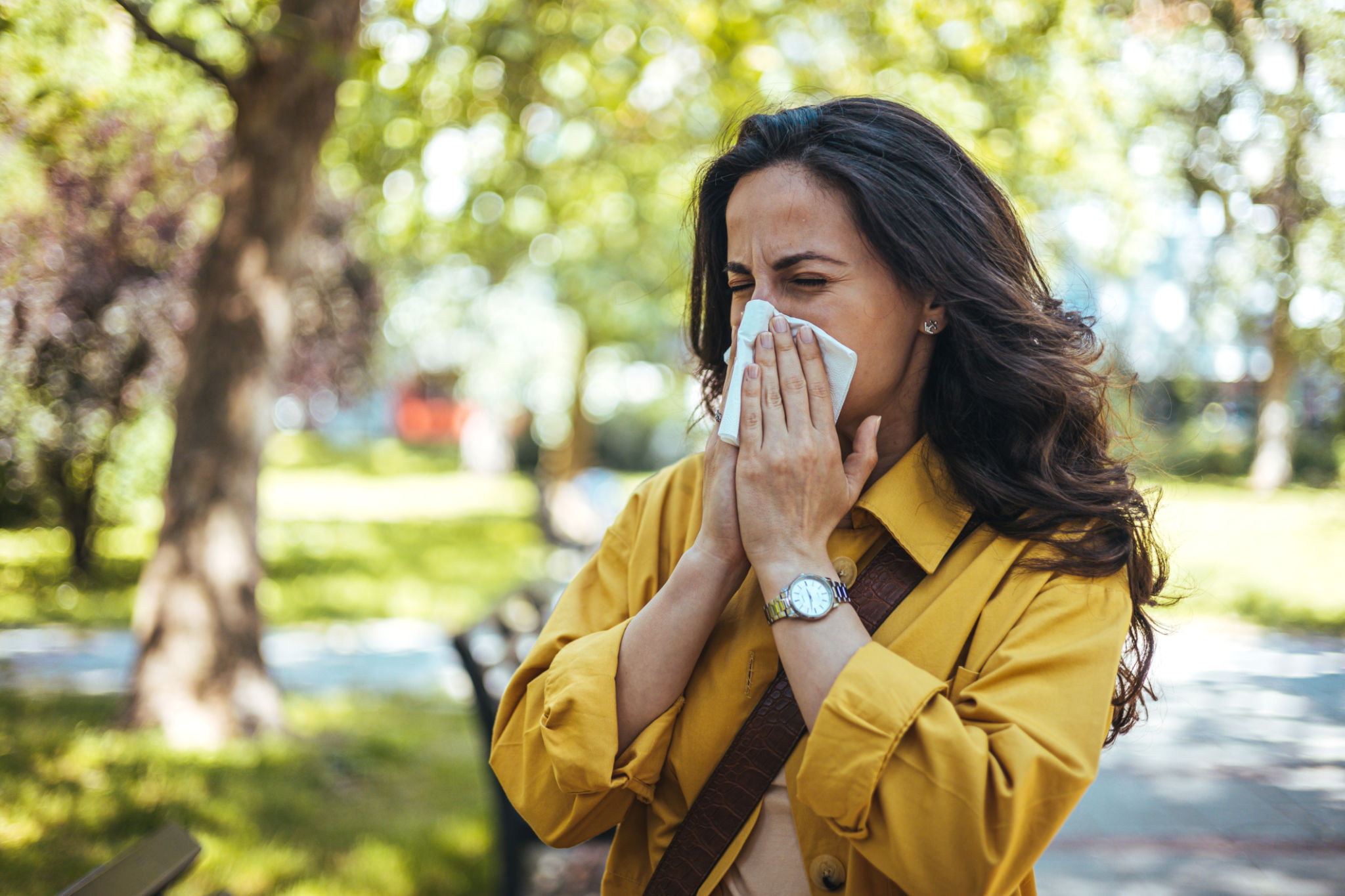Preparing for Flu Season: Tips from Your Pharmacist
Understanding the Importance of Flu Season Preparedness
As the chilly weather approaches, so does flu season, a time when the influenza virus is more prevalent. Preparing for flu season is essential to protect yourself and your loved ones from potential illness. Your local pharmacist plays a crucial role in guiding you through this process, offering valuable advice and resources to help you stay healthy.

Get Vaccinated
The most effective way to prevent the flu is by getting vaccinated. The Centers for Disease Control and Prevention (CDC) recommends that everyone aged six months and older receive the flu vaccine annually. Your pharmacist can provide the flu shot and answer any questions you might have about it. It's important to get vaccinated early, as it takes about two weeks for the antibodies to develop and provide protection.
Practice Good Hygiene
Practicing good hygiene is another critical step in preventing the spread of the flu. Simple actions such as washing your hands frequently with soap and water, covering your mouth and nose with a tissue or elbow when you cough or sneeze, and avoiding touching your face can significantly reduce your risk of infection. Ask your pharmacist for recommendations on effective hand sanitizers and other hygiene products.

Boost Your Immune System
Maintaining a strong immune system helps your body fight off infections more effectively. Your pharmacist can recommend vitamins and supplements that support immune health, such as Vitamin C, Vitamin D, and zinc. Additionally, ensure you are eating a balanced diet rich in fruits and vegetables, getting regular exercise, and getting adequate sleep to keep your immune system in top shape.
Be Informed About Antiviral Medications
If you do catch the flu, antiviral medications can lessen the severity and duration of symptoms if taken early. Consult your pharmacist about the availability and benefits of these medications. They can also provide guidance on over-the-counter options to alleviate symptoms like fever, congestion, and body aches.

Know the Symptoms
Recognizing flu symptoms early can help you seek treatment promptly and avoid spreading the virus. Common symptoms include fever, chills, cough, sore throat, runny or stuffy nose, muscle or body aches, headaches, and fatigue. If you experience these symptoms, contact your pharmacist or healthcare provider for advice on next steps.
Stay Home When Necessary
If you do fall ill, it's crucial to stay home to prevent spreading the flu to others. Your pharmacist can advise on how long you should remain at home based on your symptoms and recovery progress. They can also suggest ways to manage the flu at home effectively.
Keep Your Household Prepared
Stocking up on essentials can prevent last-minute trips to the store when you're unwell. Make sure your home is equipped with tissues, hand sanitizers, disinfectants, and any medications you might need. Your pharmacist can help you create a checklist of items to have on hand throughout flu season.

Consult Your Pharmacist Regularly
Your pharmacist is a readily accessible healthcare professional who can provide personalized advice tailored to your needs. They can answer questions about flu prevention, treatment options, and any concerns you might have about medications or underlying health conditions. Regular consultations ensure you're well-prepared for flu season.
